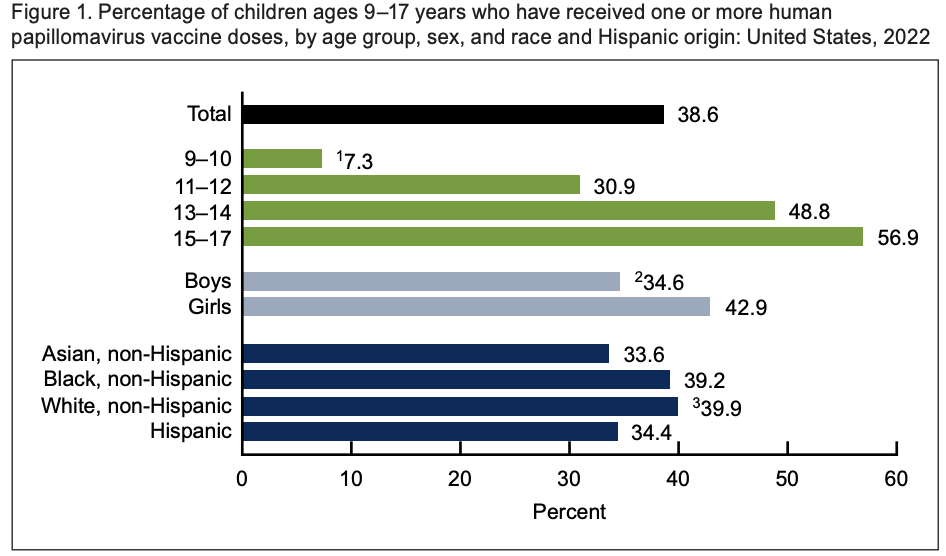closer look
There's a new competitor in the race to develop new pain medicines
Illustration: Christine Kao; courtesy Steve Shoffner & Michael Haber
For years, new options for non-opioid pain medicines have been hard to find. But just last month, biotech giant Vertex Pharmaceuticals, known for its treatment for cystic fibrosis and sickle cell disease, reported that its medication VX-548 succeeded in a pair of Phase 3 clinical trials, signaling plans for a new era of drug development, including a focus on painkillers. A new biotech launched today with $135 million and plans to compete with Vertex.
After three years of being incubated by California VC Westlake Village BioPartners, the startup, called Latigo Biotherapeutics, has already completed a Phase 1 trial for a non-opioid pain medicine, LTG-001. It's an oral therapy designed to silence pain-signaling neurons by blocking a sodium channel called NaV 1.8. The company hasn't released its Phase 1 data yet, but "the Vertex data is good news," said interim Latigo CEO and Westlake operating partner Desmond Padhi (above center, with board chair Nancy Stagliano and Westlake founding managing director Sean Harper). STAT's Allison DeAngelis explains.
health
HPV vaccination rates in kids climb with age, but lag other countries

CDC
The HPV vaccine is a success story in some countries, including the U.K., where it beat estimates of how long it would take to nearly eliminate cervical cancer, the disease it is designed to prevent, among young women. And that was more than two years ago. Last month, a study in Scotland found no cases of cervical cancer in women who were vaccinated before age 14. In the U.S., it's still a work in progress. A CDC report out today tells us that 39% of children age 9 to 17 had received at least one dose of the HPV vaccine, with rates rising with age from 7% in the youngest kids to 57% in the oldest. Some differences in who got vaccinated:
- By insurance: Private health insurance (42%), Medicaid (37%), other government coverage (30%), and no insurance (21%).
- By neighborhood: Large central metropolitan areas (4o%), large fringe metropolitan areas (41%), and medium and small metropolitan areas (39%), and nonmetropolitan areas (30%).
exercise and infection
Study links Novid to physical activity at 45 and up
There aren't many people who haven't had Covid-19 yet, but a new paper in JAMA Network Open offers a clue to why some older people may have avoided infection and hospitalization for the disease. In a prospective cohort study of more than 61,000 people age 45 and older through May 2022, participants who met recommendations for the metabolic equivalent of 7.5 hours of exercise per week (a measure of energy expenditure) before the pandemic were less likely to develop Covid-19 or need hospital admission to treat it.
A subgroup analysis found that only women who were sufficiently active had lower odds of infection compared to less active peers, potentially due to differences in respiratory system physiology, the authors suggest, noting that other studies link older age, male sex, ethnicity, low socioeconomic status, and multiple morbidities to a higher risk of Covid-19 and more severe cases. "Future studies including quantitative control of [physical activity] parameters, broader racial and ethnic diversity, and information from other potential confounders (e.g., sleep quality, dietary patterns, access to health care, and preventive behaviors) are warranted," they conclude.


No comments